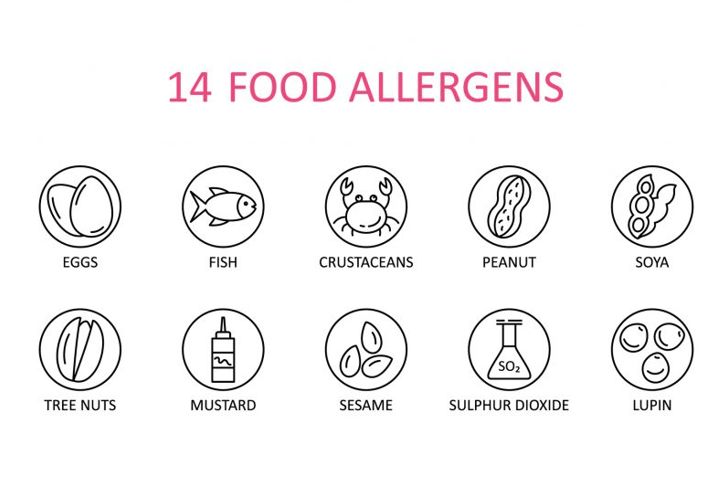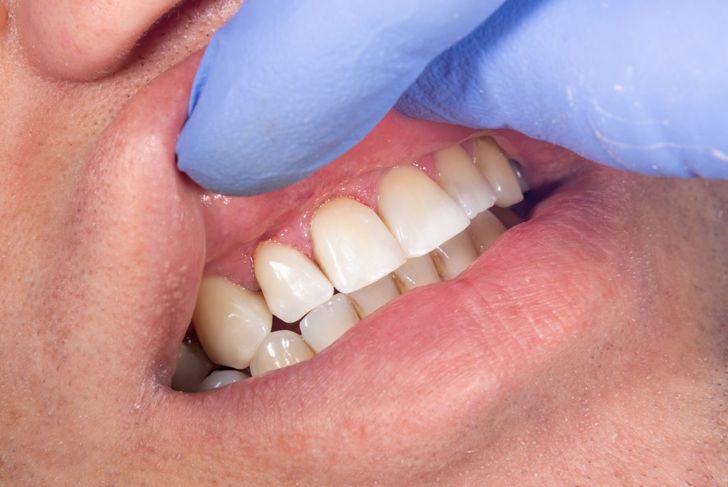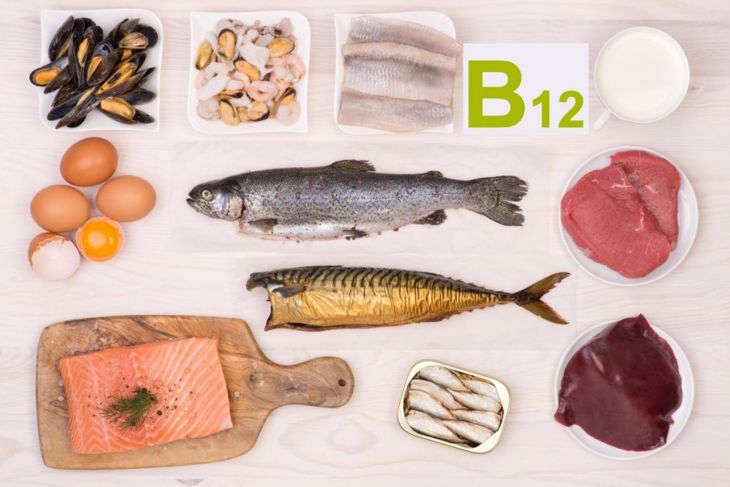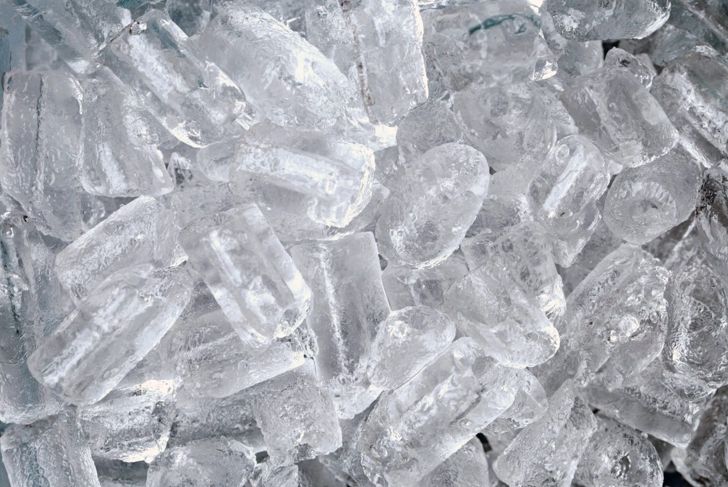Dysgeusia or a metallic taste is a taste disorder that may develop suddenly or gradually. Many factors can affect the interaction of taste buds and olfactory nerve cells, altering the sense of smell and taste. In healthy individuals, dysgeusia is typically temporary and not a sign of an underlying health problem. In some cases, however, a metallic taste combined with other symptoms indicates a serious condition.
Food Allergy
Sometimes, the immune system responds abnormally to components in food, triggering an allergic reaction. Food allergy symptoms are unpredictable and vary greatly; a metallic taste in the mouth is a common one. If dysgeusia occurs in addition to swelling, stomach upset, nasal congestion, or lightheadedness, it could be a sign of anaphylaxis, which requires immediate treatment.
Oral Infections
Oral infections rising from poor oral hygiene can cause an unpleasant metallic taste in the mouth. Not brushing and flossing regularly leads to tooth decay and gum disorders, such as periodontitis. Dysgeusia is also a symptom of a rare, advanced gum disease called acute necrotizing ulcerative gingivitis. A prescription can help clear up these infections and their symptoms.
Vitamin B12 Deficiency
Not getting enough vitamin B12 can result in a metallic taste. Many people do not consume enough foods containing this nutrient, and certain conditions and medications can impede its absorption. The deficiency, common among older people, can accompany numbness, progressive shortness of breath, and joint pain. Multivitamins and vitamin B12 shots or pills can remedy mild cases.
Pregnancy
Many expectant mothers experience a persistent metallic taste during their first trimester. Researchers believe that this occurs with changes in estrogen levels, which make pregnant women more sensitive to certain smells and trigger unusual cravings. Gynecologists often suggest consuming acidic foods such as citrus fruit and fermented foods such as kimchi or pickles. These increase saliva production and override the metallic taste.
Intense Exercise
Noticing a metallic or bloody taste during strenuous workouts is quite common. Experts name various causes for this, including lactic acid build-up and membrane irritation from metal tooth fillings. Another possible cause is pulmonary edema, an accumulation of fluid in the lungs. This build-up increases pressure and induces leakage of red blood cells; the iron molecules in the blood cells interact with tongue receptors. If no other symptoms are present, dysgeusia during exercise is no cause for concern.
Medications
In 2017, half of the top 100 medications used in the U.S. were known for inducing metallic or other offensive tastes. Some medications have this side effect due to the activation of receptors on the oral cavity. The intensity of bitterness or metallic taste differs widely among individuals, partly because of variations in the human taste gene family that regulates bitter taste perception. Medications for the following conditions commonly cause dysgeusia:
Hypertension
Glaucoma
Antibiotics
Osteoporosis
Gout
Psychiatric conditions
Over-the-Counter Supplements
Multivitamins and cold supplements with heavy metals such as zinc, copper, and chromium can elicit a metallic taste, as can iron, calcium, and prenatal supplements. As the body processes the vitamins, the taste usually subsides. If not, consider reducing the dosage to avoid excessive consumption. Beware of low-quality supplements that may contain heavy metal contaminants such as arsenic, lead, or mercury.
Chemo Mouth
The American Cancer Society states that some types of cancer treatments can induce a recurring metallic taste called chemo mouth. This common chemotherapy or radiation side effect happens because the treatments change how taste receptors interact with certain flavors. Chemo mouth usually diminishes once treatment ends. Oncologists suggest staying hydrated to lessen the effect.
Neurological Disorders
Central nervous system dysfunction can distort messages about taste to olfactory and taste receptors, changing perceived smells and flavors. People with Alzheimer’s disease and Parkinson’s disease often experience a metallic, salty, or bitter taste. However, such neurodegenerative disorders are associated with a higher occurrence of periodontal disease and xerostomia or dry mouth, factors known to induce dysgeusia.
Treatments
Most instances of a metallic taste are fleeting. In clinical cases of dysgeusia, doctors recommend placing a small ice cube in the mouth for a minute just before eating. They also prescribe therapies such as sucking lozenges with benzocaine, artificial saliva, anticonvulsants, and zinc gluconate.

 Home
Home Health
Health Diet & Nutrition
Diet & Nutrition Living Well
Living Well More
More




















